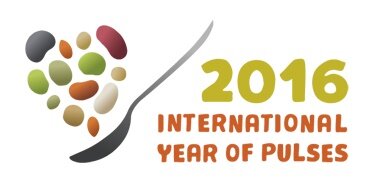In focus
22 Mar 2016 
The Secretary-General strongly condemns the terrorist bombings today in Brussels. He extends his heartfelt condolences to the victims and their families, and expresses his solidarity with the people and Government of Belgium.
The despicable attacks today struck at the heart of Belgium and the centre of the European Union. The Secretary-General hopes those responsible will be swiftly brought to justice. He is confident that Belgium's and Europe’s commitment to human rights, democracy and peaceful coexistence will continue to be the true and lasting response to the hatred and violence of which they became a victim today.
.
Continue Reading...
16 Mar 2016 
Rising inequality threatens to derail, from the start, successful implementation of the new 2030 Agenda for Sustainable Development in the Asia-Pacific region. Stronger, more equitable social protection will be critical in overcoming these challenges.
New research by the United Nations Economic and Social Commission for Asia and the Pacific (ESCAP) indicates that inequality, related to both outcomes and opportunities, is on the rise in the countries of Asia and the Pacific – and where it has not risen it has remained unacceptably high. This is having an adverse impact on sustainable development.
Growing disparities in income and wealth, as well as unequal opportunities, reinforce each other, creating an “inequality trap” that disproportionately affects women and the most vulnerable members of society, including the poor, youth, persons with disabilities, migrants and older persons.
This stands in sharp contrast to both the shared growth that defined the rise of the ‘Asian Tigers’ in the 1960s, and more recent trends in other parts of the developing world, in particular Latin America, where income inequality has been decreasing over in recent decades.
Over the past 20 years, the rich in Asia and the Pacific have grown richer, at the expense of the poor. Inequalities in regional opportunities also abound, with nearly 80 per cent of the population lacking access to affordable health care, and as many as 18 million children out of school. Access to these basic social services are considerably lower among low-income groups and rural communities.
Continue Reading...
08 Mar 2016 
As a boy growing up in post-war Korea, I remember asking about a tradition I observed: women going into labour would leave their shoes at the threshold and then look back in fear. “They are wondering if they will ever step into those shoes again,” my mother explained.
More than a half-century later, the memory continues to haunt me. In poor parts of the world today, women still risk death in the process of giving life. Maternal mortality is one of many preventable perils. All too often, female babies are subjected to genital mutilation. Girls are attacked on their way to school. Women’s bodies are used as battlefields in wars. Widows are shunned and impoverished.
We can only address these problems by empowering women as agents of change.
Continue Reading...
03 Mar 2016 
Global efforts to protect wildlife are gathering force. Last year, United Nations Member States adopted the Sustainable Development Goals, which include specific targets to end poaching. The General Assembly also unanimously agreed a resolution to limit illicit trafficking in wildlife. These powerful expressions of political determination to end these highly destructive crimes are now being translated into actions on the ground through collective efforts by countries around the world.
However, to protect this essential natural heritage for this and future generations, much more needs to be done by key actors on all continents and across sectors. In particular, conservation efforts need to engage communities that live in close proximity with wildlife.
Time is running out to end the poaching crisis that threatens some of the world’s most iconic species. To combat poaching and trafficking of protected species it is essential to address both the demand and supply of illegal wildlife products through agreed goals and targets and international instruments, such as the Convention on International Trade in Endangered Species of Wild Fauna and Flora (CITES).
Continue Reading...
12 Feb 2016 .jpg)
In times of crisis and emergency, radio can be a lifeline.
For people in shattered societies, or caught in catastrophe, or desperately seeking news, radio brings lifesaving information.
Radio can help in emergency response operations – and it can assist with rebuilding.
Through community radio, local people can raise their voices and be heard.
This year, as we start carrying out the Sustainable Development Goals, let us resolve to use radio for human progress.
In the lead-up to the World Humanitarian Summit this May, let us find ways for radio to do even more to help people in emergencies.
On this World Radio Day, let us resolve to prove that radio saves lives.
Continue Reading...
27 Jan 2016 
During the Second World War, six million Jews were systematically rounded up and exterminated. The Nazis also murdered Sinti and Roma, political prisoners, homosexuals, persons with disabilities, Jehovah’s Witnesses and Soviet prisoners of war.
The Holocaust was a colossal crime. No-one can deny the evidence that it happened. By remembering the victims and honouring the courage of the survivors and those who assisted and liberated them, we annually renew our resolve to prevent such atrocities and reject the hateful mentality that allows them.
From the shadow of the Holocaust and the cruelties of the Second World War, the United Nations was established to reaffirm faith in the dignity and worth of every person and to uphold the rights of all to live in equality and free from discrimination.
Continue Reading...
09 Dec 2015 
GENEVA (9 December 2015) – Two fundamental human rights treaties adopted by the United Nations General Assembly in 1966 are as important and relevant today as they were half a century ago and should be ratified by all States, UN High Commissioner Zeid Ra’ad Al Hussein said in a message for Human Rights Day.
Zeid’s call comes on the eve of the 50th anniversary year of the International Covenant on Civil and Political Rights (ICCPR) and the International Covenant on Economic, Social and Cultural Rights (ICESCR).
Continue Reading...



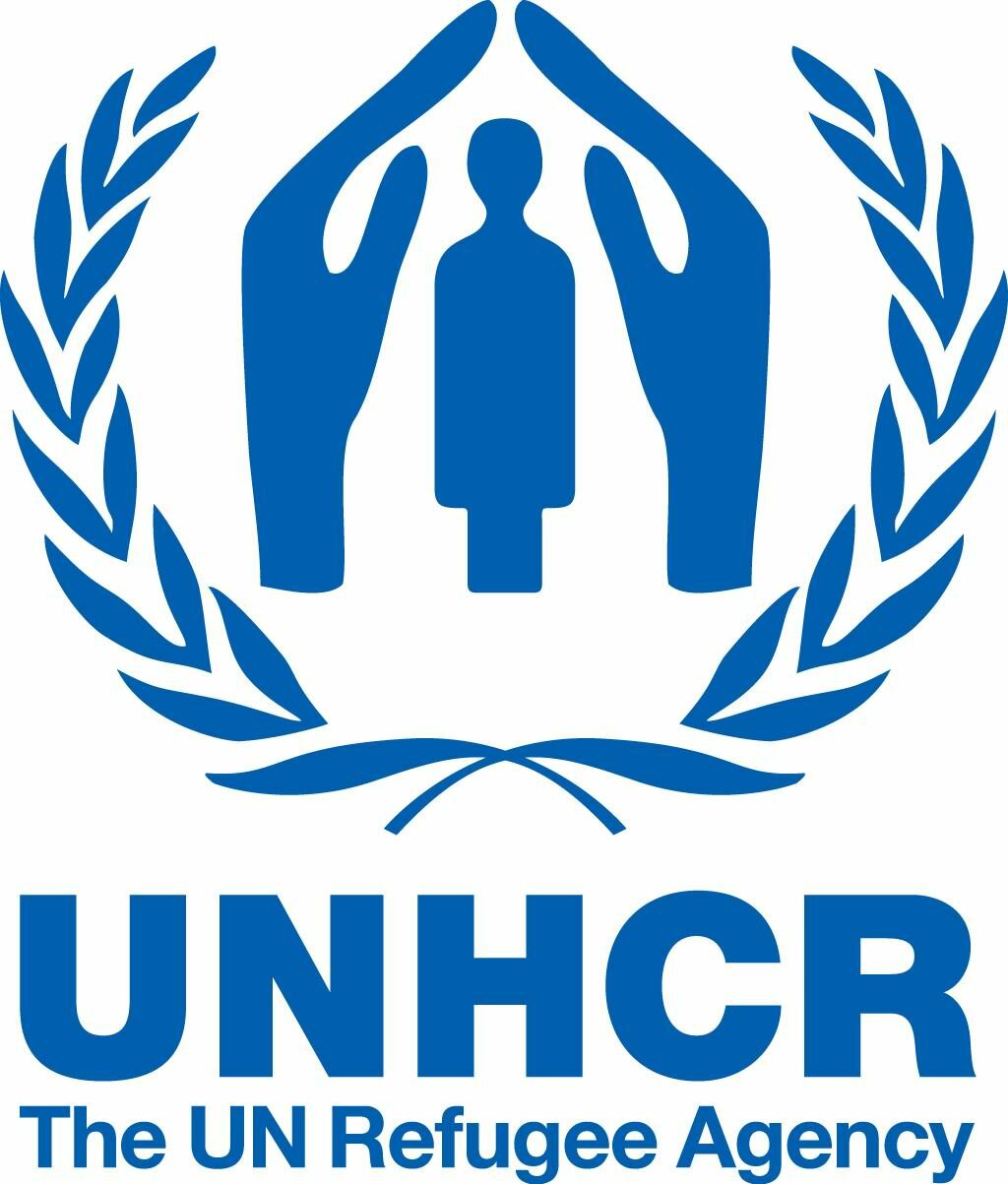
.jpg)

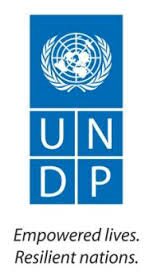
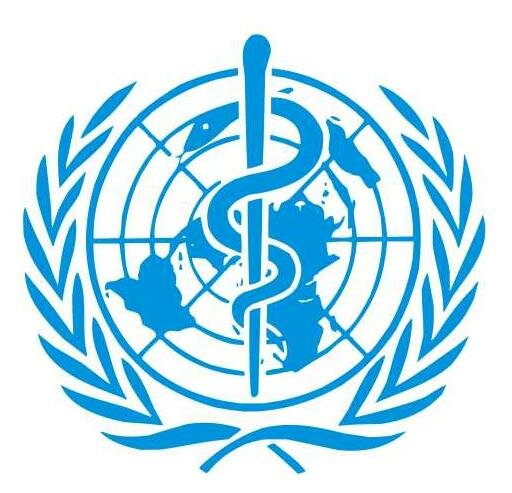

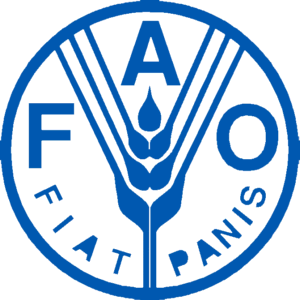
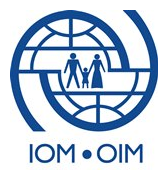
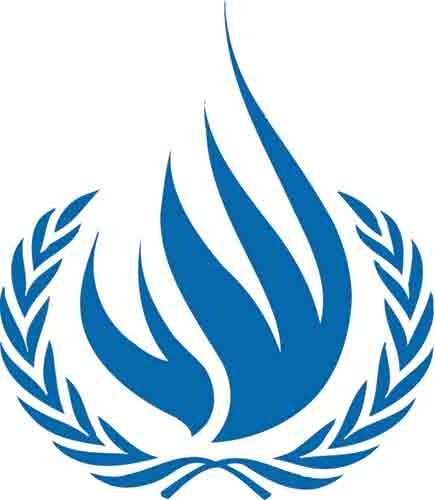
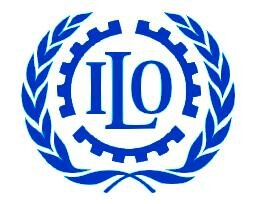
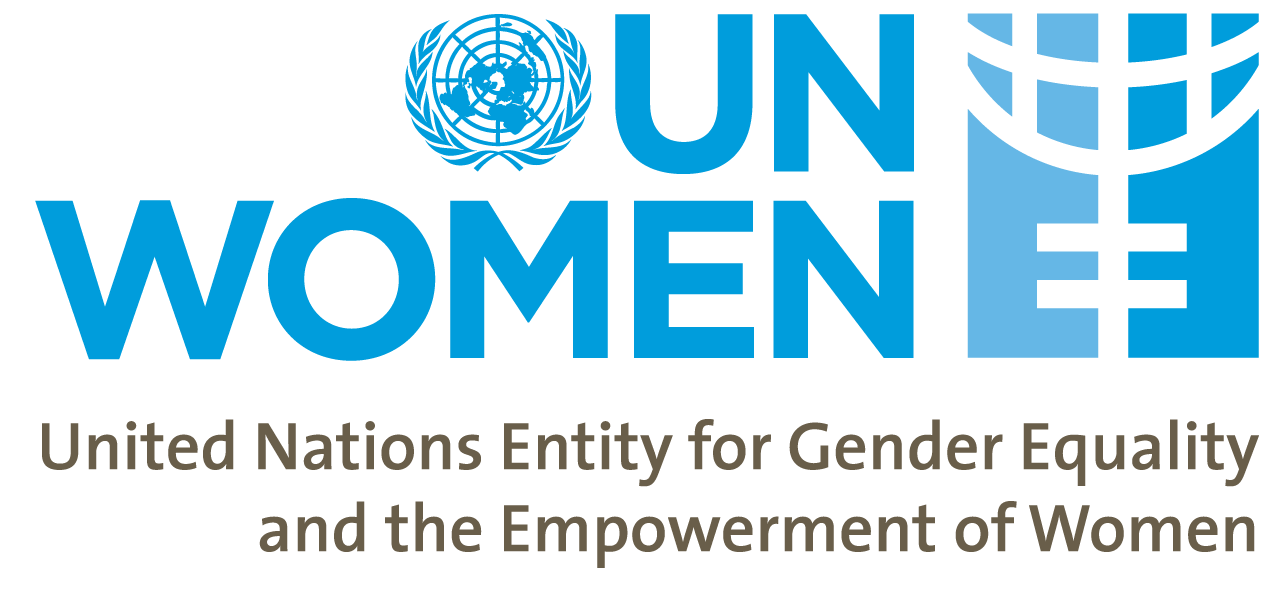
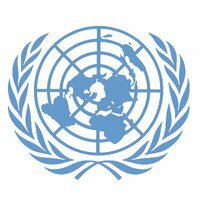



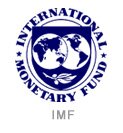



.jpg)



.jpg)

